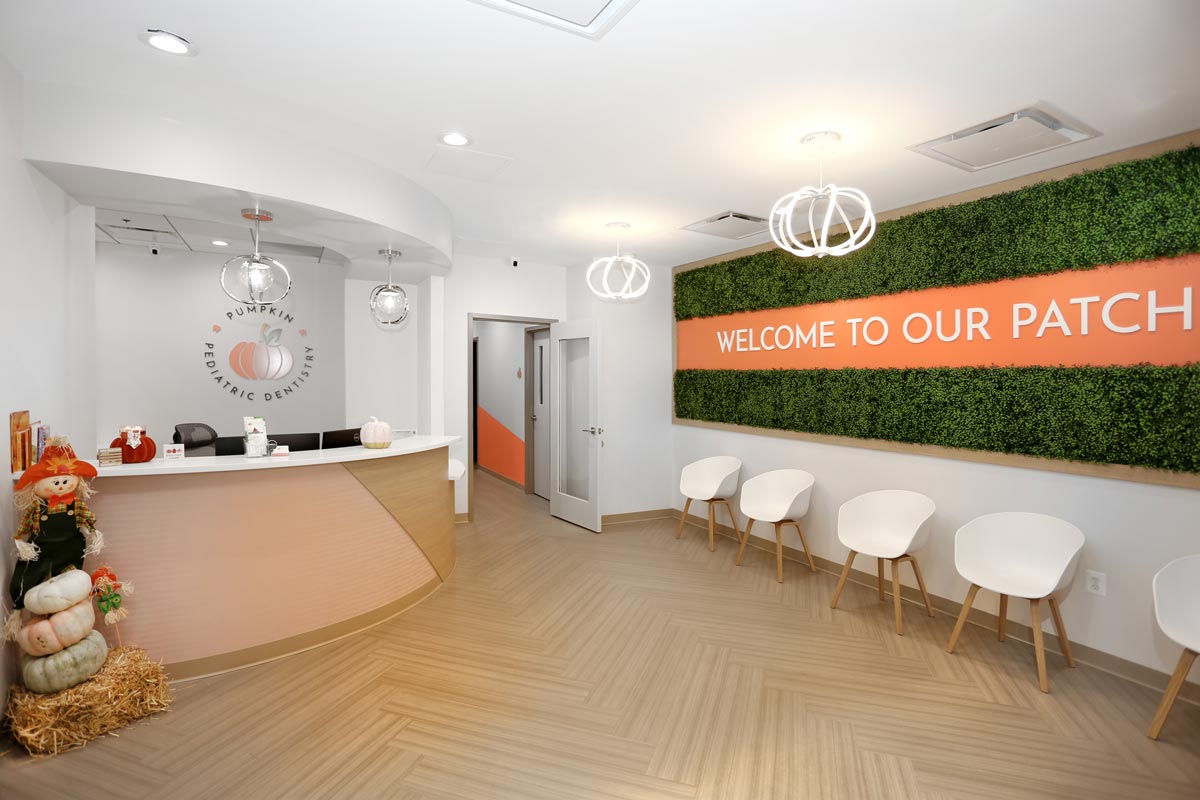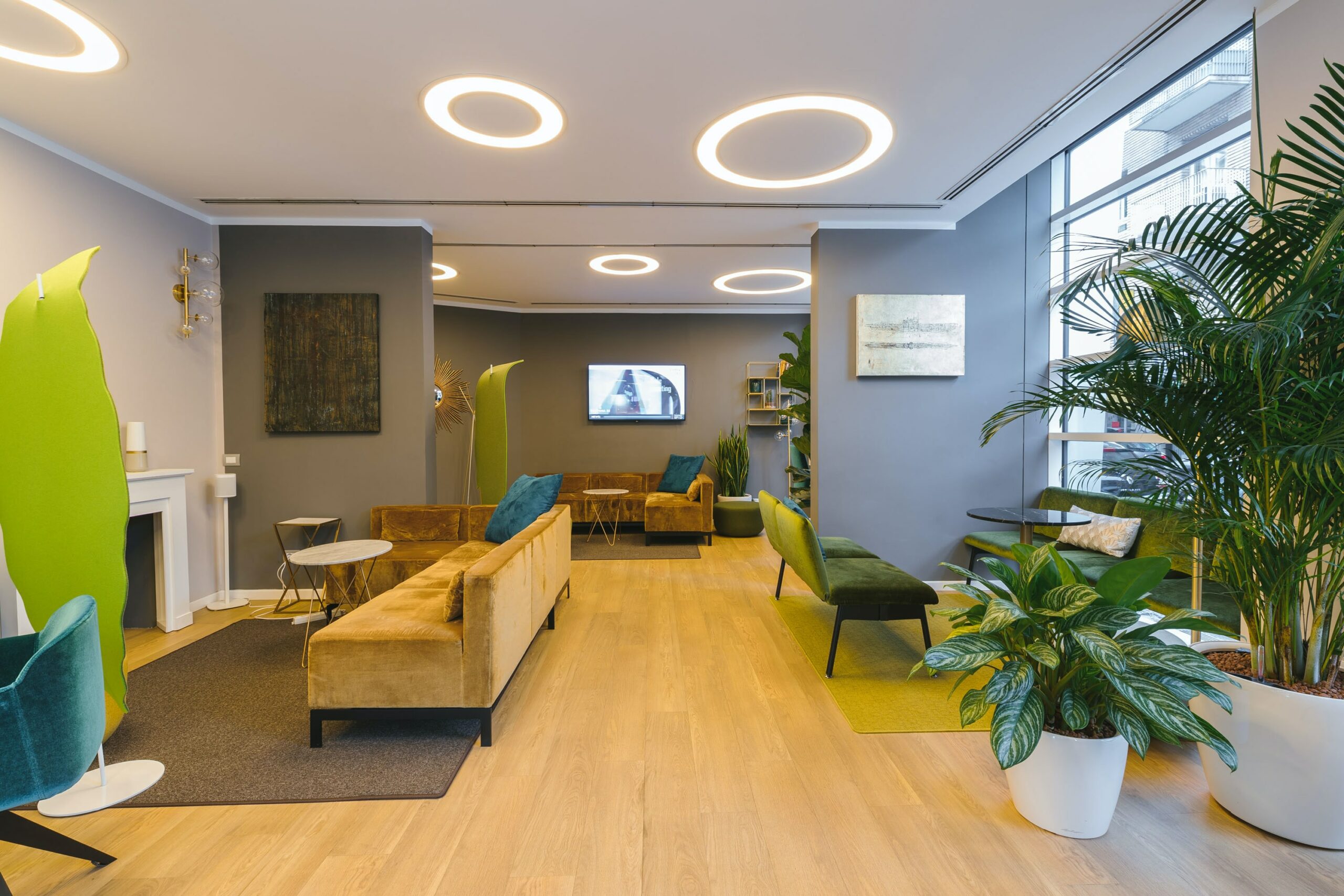As someone who has spent countless hours sitting in waiting rooms, I can personally attest to the impact that decor has on both comfort and mood. Whether it’s a dentist’s office, a doctor’s clinic, or a salon, the ambiance can significantly influence the experience. In this comprehensive guide, I will explore various aspects of waiting room decor—from colors and furniture to art and lighting—ensuring your space is inviting and calming for all who enter.
The Importance of Waiting Room Decor
Decor in a waiting room is more than just aesthetics; it plays a crucial role in patient satisfaction and overall experience. Here’s why it matters:
- First Impressions: The waiting room is often the first area clients see, setting the tone for their experience.
- Comfort: Comfortable seating and soothing colors can reduce anxiety and make the wait feel shorter.
- Branding: Your decor reflects your brand’s identity and values, helping to build trust.
Key Elements of Waiting Room Decor
Let’s break down the essential components of effective waiting room decor.
1. Color Schemes
Colors influence emotions profoundly. Choosing the right palette can create a soothing atmosphere. Here are some popular choices:
| Color | Psychological Effect |
|---|---|
| Blue | Calming, promotes tranquility. |
| Green | Refreshing and peaceful, associated with nature. |
| Warm Neutrals | Welcoming and reassuring, ideal for comfort. |
2. Furniture Choices
Furniture should prioritize comfort and functionality. Consider the following:
- Seating: Opt for ergonomic chairs and couches that provide support.
- Tables: Low coffee tables can serve both aesthetics and utility—perfect for magazines or refreshments.
- Accessibility: Ensure that your furniture is easily accessible for all clients, including those with disabilities.

Pros and Cons of Different Furniture Types
| Furniture Type | Pros | Cons |
|---|---|---|
| Chairs | Space-efficient, flexible seating arrangements. | Less communal and can be uncomfortable for long waits. |
| Sofas | Comfortable, encourages relaxation. | Takes more space and may require regular cleaning. |
| Benches | Great for grouping and saving space. | Less privacy, can be uncomfortable. |
3. Artwork and Decor
Artwork can enhance the aesthetic appeal and promote a calming ambiance. Here are some ideas:
- Local Art: Showcase artworks from local artists to foster community pride.
- Nature Scenes: Images of natural landscapes can help lower stress levels.
- Interactive Wall Art: Consider chalkboards or magnetic walls for children to engage with.

Incorporating Personal Touches
Adding personal touches can make your waiting room feel more welcoming. For instance, display photographs of your team or testimonials from satisfied clients. These elements not only enhance decor but also build connections.
Lighting: Setting the Mood
Lighting plays a crucial role in waiting room decor. Here’s how to effectively use lighting:

1. Natural Light
Whenever possible, maximize natural light. It creates a more inviting environment and has proven psychological benefits, such as reducing anxiety and promoting well-being.
2. Artificial Lighting
In the absence of natural light, consider these options:
- Warm LED Lights: Create a cozy atmosphere.
- Adjustable Lighting: Allow for flexibility based on time of day.
- Accent Lighting: Highlight artwork or specific areas in the room.

3. Avoiding Harsh Lighting
Avoid fluorescent lights, as they can create a clinical atmosphere and contribute to discomfort. Aim for soft, diffused lighting to enhance relaxation.
Creating a Comfortable Environment
Beyond decor, comfort is paramount. Here are additional ways to enhance the waiting experience:

1. Temperature Control
Ensure that your waiting room is well-ventilated and maintains a comfortable temperature. Consider adjusting heating or cooling based on the season and client feedback.
2. Refreshments
Offering complimentary refreshments, such as water, coffee, or tea, can enhance comfort and improve the overall experience. Be mindful to accommodate dietary restrictions.

3. Entertainment Options
Provide engaging entertainment, such as:
- Magazines: Choose a diverse selection to cater to different interests.
- Television: Consider showing soothing content, such as nature documentaries or relaxing music.
- Children’s Area: If applicable, create a dedicated space with toys and books to keep children entertained.
Practical Considerations for Waiting Room Decor
While aesthetics are essential, practical considerations should also guide your decor choices. Here are a few tips:

1. Maintenance
Choose materials that are durable and easy to clean. Regular maintenance will keep your waiting room looking fresh and inviting.
2. Space Planning
Consider the layout of your waiting room. Ensure there is enough space for movement and do not overcrowd the area with furniture.
3. Safety Protocols
Ensure that your decor choices comply with safety regulations. Avoid sharp edges or toxic materials that may pose a risk to clients.
Examples and Inspiration
To help you visualize these decor tips, here are a few examples:
1. Dental Clinic
A dentist can create a calming environment with soft blue walls, comfortable lounge seating, and fun dental-themed art for children.
2. Medical Office
A medical office could opt for warm neutral colors, cozy armchairs, and a small refreshment station to make waiting more pleasant.
3. Beauty Salon
A beauty salon might incorporate trendy decor with stylish sofas, modern artwork, and a selection of fashion magazines to capture the essence of beauty and relaxation.
Conclusion
Creating an inviting waiting room is essential for enhancing client experiences. By considering elements such as color schemes, furniture choices, artwork, lighting, and comfort options, you can transform a mundane space into a welcoming environment. Remember, a thoughtfully designed waiting room can significantly impact how clients perceive your brand and service.
FAQs about Waiting Room Decor
What are the best colors for a waiting room?
The best colors for a waiting room are typically calming shades, such as blues, greens, and warm neutrals. These colors help create a relaxing environment for clients.
How can I make my waiting room more comfortable?
You can make your waiting room more comfortable by selecting ergonomic furniture, maintaining a pleasant temperature, and providing refreshments and entertainment options.
What types of decor are suitable for a medical waiting room?
For a medical waiting room, it’s best to choose decor that is calming and welcoming, such as nature-themed artwork, comfortable seating, and soothing colors.
How frequently should I update my waiting room decor?
It’s a good idea to refresh your waiting room decor every few years, or whenever you notice it looking worn or outdated. Regular updates keep the space feeling fresh and engaging for clients.